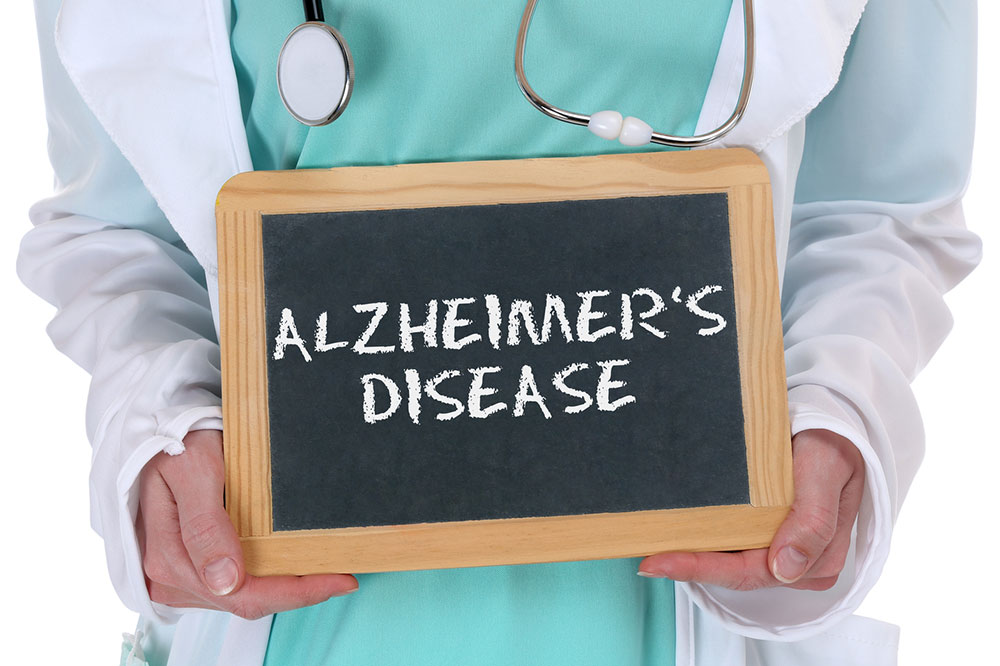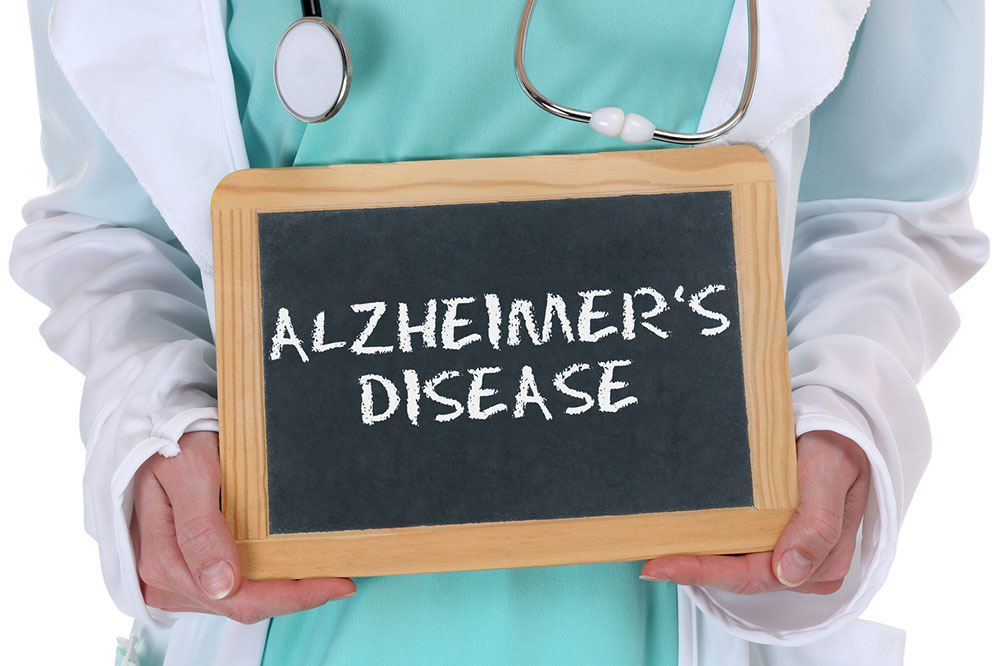Comprehensive Guide to Alzheimer's Disease and Dementia: Key Facts You Need to Know
This comprehensive guide provides detailed insights into Alzheimer’s disease and dementia, highlighting key symptoms, causes, and treatment options. Early diagnosis and understanding are critical for managing these neurological conditions effectively, improving patients' quality of life. Discover essential information about these debilitating disorders, their impact, and how to seek help, emphasizing the importance of timely medical intervention for better health outcomes.

Comprehensive Guide to Alzheimer's Disease and Dementia: Key Facts You Need to Know
In-Depth Information on Alzheimer's Disease and Dementia
The human brain and heart are two of the most vital organs essential to our health and well-being. They are incredibly complex and sensitive, making them vulnerable to a variety of illnesses that can sometimes pose serious health risks or even life-threatening consequences. One of the most concerning neurological conditions affecting millions globally, especially in the United States, is Alzheimer’s disease—a progressive neurological disorder that falls under the broad category of dementia. Understanding these conditions is crucial for early detection, effective management, and improving quality of life for those affected.
What Precisely Is Alzheimer's Disease?
Alzheimer’s disease is a chronic, progressive neurodegenerative disorder. It develops gradually and worsens over time, eventually impairing vital functions.
The condition mainly manifests as a decline in short-term memory, which accounts for approximately 60-70% of all dementia cases worldwide.
The risk factors include age, genetic predisposition, history of depression, traumatic brain injuries, and high blood pressure.
As the disease advances, individuals often lose their ability to perform daily activities independently, requiring external support and assistance.
Understanding Dementia as a Broader Spectrum
Dementia is a general term that encompasses a range of symptoms associated with the decline in cognitive functions such as memory, reasoning, language, and judgment.
It affects daily life, capable of causing significant interference with routines, personal relationships, and independence.
Dementia can stem from various underlying causes, making diagnosis and treatment complex. Common types include cortical dementias like Alzheimer's and Creutzfeldt-Jakob disease, and subcortical dementias such as Parkinson’s and Huntington’s diseases.
Primary Causes of Dementia and Alzheimer's Disease
In some instances, deficiencies in vitamins (such as B12) or adverse reactions to medications can cause dementia symptoms. Vascular dementia results from blood vessel-related issues, like clogged arteries or strokes, disrupting blood flow to the brain.
Lewy body dementia arises from abnormal protein deposits called Lewy bodies within brain cells, affecting cognition and motor functions.
Among all forms, Alzheimer’s disease remains the most prevalent cause of dementia, largely driven by factors such as age, genetics, lifestyle choices, and environmental exposures.
Pathological hallmarks include beta-amyloid plaques accumulating outside neurons and tau protein tangles forming inside neurons, both contributing to progressive brain damage and deterioration of cognitive functions.
Recognizing the Symptoms of Alzheimer’s Disease and Dementia
The early symptoms of both conditions are often similar; however, Alzheimer’s generally presents more severe cognitive decline. Common signs include:
Noticeable decline in reasoning abilities, concentration, and overall thinking skills
Impaired judgment affecting daily decision-making
Difficulties in performing routine activities like dressing, cooking, or managing finances
Behavioral changes such as apathy, social withdrawal, mood swings, distrust towards others, and loss of social inhibitions
Approaches to Treatment and Management
Currently, there is no cure for Alzheimer’s disease, but treatment strategies focus on symptom management through medications that support memory, sleep regulation, and mood stabilization.
For other types of dementia, treatment often involves addressing underlying causes such as controlling blood sugar levels, managing metabolic disorders, or removing tumors.
Although some damage to the brain is irreversible, early diagnosis allows for better planning and implementation of strategies to slow progression and improve quality of life.
Early recognition of symptoms and differentiating Alzheimer’s from other forms of dementia is vital for effective intervention. If you or a loved one shows early signs, consulting healthcare professionals promptly can make a significant difference in outcomes.





